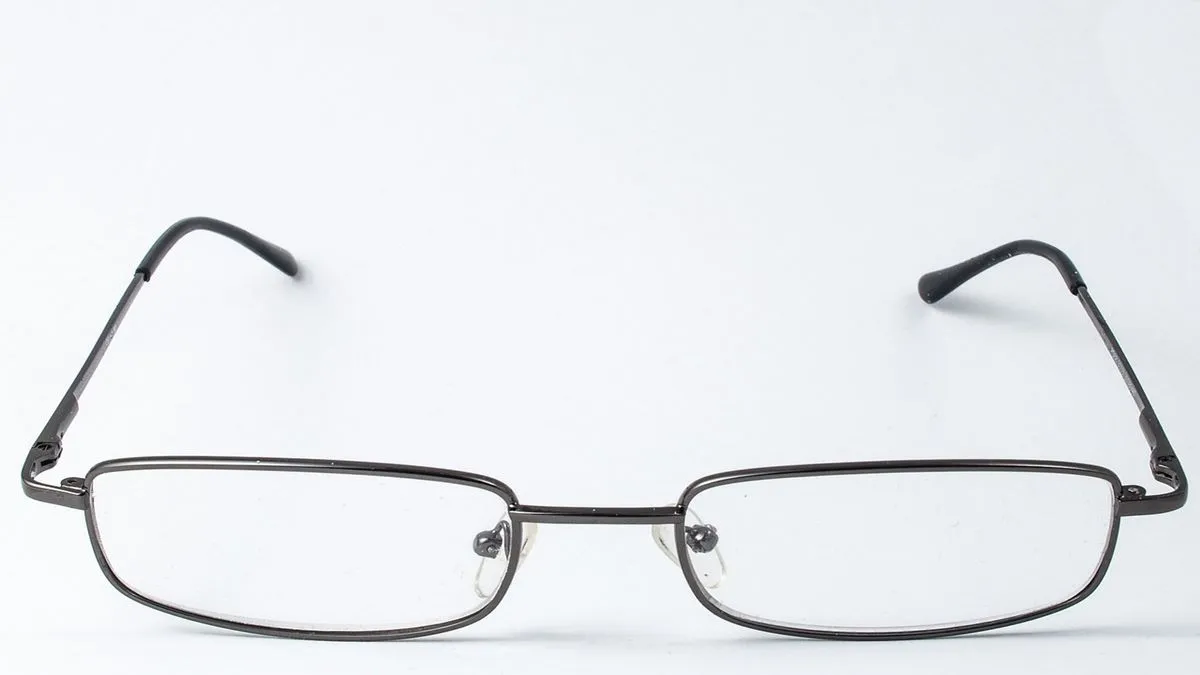DCGI News: Entod Pharma's PresVu Eye Drop for Presbyopia Faces Regulatory Setback

Entod Pharmaceuticals’ Regulatory Challenges
Recently, the Drug Controller General of India (DCGI) suspended the approval for Entod Pharmaceuticals' eye drop, PresVu (1.25% Pilocarpine w/v), after finding the company in violation of regulatory protocols. The suspension was prompted by unauthorized promotional activities that claimed the drops could reduce the need for reading glasses, raising significant public safety concerns.
Background on Presbyopia
Presbyopia is a common age-related condition that affects near vision, typically emerging in adults over 40 years old. With the rise of such conditions, many pharmaceutical companies are racing to present innovative treatments.
- DCGI's Regulations: The DCGI emphasized the necessity for approved claims in marketing materials.
- Claims vs. Approval: No official approval was granted for the claimed benefits of reducing dependency on reading glasses.
- Company Response: Entod Pharmaceuticals plans to legally challenge this suspension to uphold their innovation in the healthcare sector.
Potential Implications for Patients
This suspension could lead to confusion among patients regarding the safety and availability of PresVu eye drops. Health experts advise caution, highlighting the importance of relying on products fully compliant with regulatory standards.
Future of Entod Pharmaceuticals
Despite the suspension, the CEO of Entod, Nikkhil K Masurkar, insists the company's representations have complied with all medical guidelines and insists on the right to challenge the DCGI's decision.
Disclaimer: The information provided on this site is for informational purposes only and is not intended as medical advice. We are not responsible for any actions taken based on the content of this site. Always consult a qualified healthcare provider for medical advice, diagnosis, and treatment. We source our news from reputable sources and provide links to the original articles. We do not endorse or assume responsibility for the accuracy of the information contained in external sources.
This article was prepared using information from open sources in accordance with the principles of Ethical Policy. The editorial team is not responsible for absolute accuracy, as it relies on data from the sources referenced.